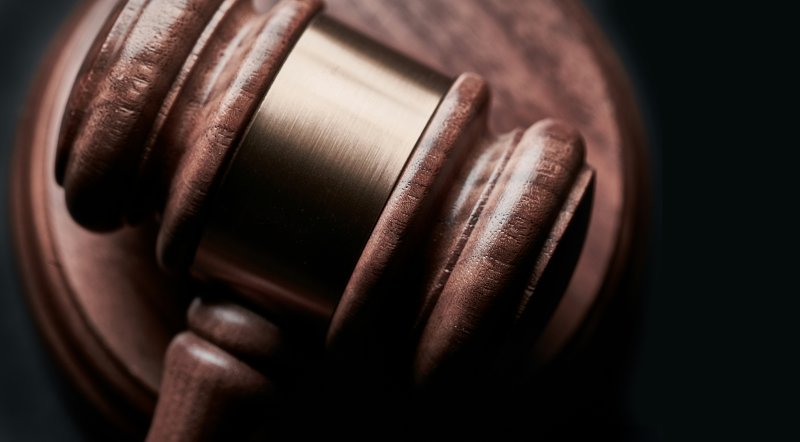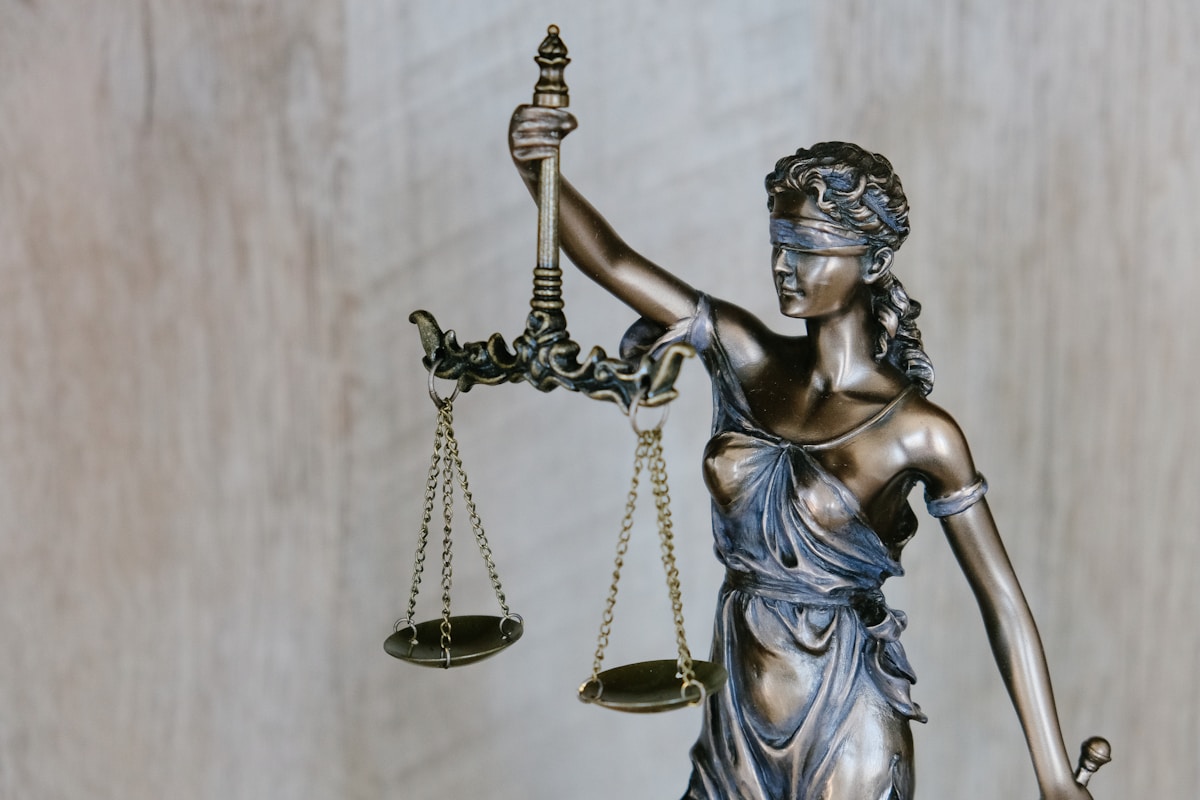A look at historic Supreme Court decisions that fundamentally transformed American society and individual rights.

The Supreme Court of the United States stands as the final arbiter of the law, interpreting the Constitution and shaping American society in profound ways. Throughout history, certain landmark decisions have fundamentally altered the course of the nation, establishing precedents that continue to impact every American's daily life. These rulings represent turning points that have expanded civil rights, defined governmental powers, and addressed fundamental questions about personal freedom.
Brown v. Board of Education (1954): Dismantling School Segregation
Few Supreme Court decisions have transformed American society as deeply as Brown v. Board of Education. In this unanimous 9-0 ruling, the Court overturned the "separate but equal" doctrine established in Plessy v. Ferguson (1896), declaring that racial segregation in public schools violated the Equal Protection Clause of the 14th Amendment.
Chief Justice Earl Warren wrote that "separate educational facilities are inherently unequal," a statement that acknowledged the psychological and societal damage caused by segregation. The ruling provided the legal foundation for dismantling segregation in all public facilities and ignited the civil rights movement that would reshape America in the following decades.
Beyond ending school segregation, Brown represented a shift in the Court's approach to constitutional interpretation, demonstrating its willingness to consider sociological evidence and evolving societal standards rather than adhering strictly to original intent.
Miranda v. Arizona (1966): Protecting the Rights of the Accused
The famous "Miranda warnings" that begin "You have the right to remain silent..." stem directly from this 5-4 ruling that fundamentally reshaped American criminal procedure. The Court held that suspects must be informed of their constitutional rights before police interrogation, including the right to remain silent, the warning that statements can be used against them, the right to an attorney, and the provision of counsel if they cannot afford one.
Chief Justice Earl Warren wrote that without these warnings, "no statement obtained from the defendant can truly be the product of his free choice." This landmark case balanced power between law enforcement and individual citizens, ensuring that constitutional protections weren't merely theoretical but implemented in daily policing.
The decision remains a cornerstone of American criminal justice, having entered popular culture through countless police procedural shows and films, making it perhaps the most widely recognized Supreme Court case among the general public.
Roe v. Wade (1973): Establishing Reproductive Rights
Few Supreme Court decisions have remained as politically contentious as Roe v. Wade, which established a constitutional right to abortion based on a right to privacy interpreted from the 14th Amendment. The 7-2 ruling prohibited states from banning abortion before fetal viability (around 24 weeks).
Justice Harry Blackmun wrote: "This right of privacy... is broad enough to encompass a woman's decision whether or not to terminate her pregnancy." The ruling sparked a national debate that continues today and was eventually overturned in 2022 by Dobbs v. Jackson Women's Health Organization, returning abortion regulation to the states.
Regardless of one's position on abortion, Roe fundamentally changed American politics, healthcare, and constitutional interpretation for nearly five decades, demonstrating how Supreme Court decisions can reshape the national conversation around deeply personal issues.
Obergefell v. Hodges (2015): Legalizing Same-Sex Marriage
In one of the most socially transformative decisions of the 21st century, the Supreme Court ruled 5-4 in Obergefell v. Hodges that the fundamental right to marry is guaranteed to same-sex couples under the Due Process Clause and Equal Protection Clause of the 14th Amendment.
Justice Anthony Kennedy's majority opinion eloquently stated: "No union is more profound than marriage, for it embodies the highest ideals of love, fidelity, devotion, sacrifice, and family... They ask for equal dignity in the eyes of the law. The Constitution grants them that right."
The ruling capped decades of litigation and activism, legalizing same-sex marriage nationwide and granting LGBTQ couples equal access to the legal, financial, and social benefits of marriage. The decision represented one of the most rapid shifts in public opinion on a major social issue in American history.
Citizens United v. FEC (2010): Reshaping Campaign Finance
In a controversial 5-4 decision, the Court ruled that the Free Speech Clause of the First Amendment prohibits the government from restricting independent expenditures by corporations, associations, or labor unions for political campaigns.
Justice Anthony Kennedy wrote: "If the First Amendment has any force, it prohibits Congress from fining or jailing citizens, or associations of citizens, for simply engaging in political speech." The ruling effectively removed limits on corporate and union spending in elections, leading to the rise of Super PACs and dramatically increasing the role of money in American politics.
Critics argue it has corrupted the democratic process, while supporters maintain it properly protects free speech in the political arena. Either way, the decision has fundamentally altered how American elections are financed and conducted.
The Living Constitution: An Evolving Interpretation
These landmark cases demonstrate the extraordinary power of the Supreme Court to interpret the Constitution in ways that fundamentally reshape American life. While Congress passes laws and presidents set policy, the Supreme Court has repeatedly proven itself capable of causing seismic shifts in society through its constitutional interpretations.
They also reflect the tension between viewing the Constitution as a static document with fixed meaning and seeing it as a "living" text that must be interpreted in light of evolving societal norms and values. This tension continues to define the Court's approach to deciding cases with far-reaching implications.
As new issues emerge—from digital privacy to artificial intelligence regulation to environmental rights—the Supreme Court will continue to shape American life in profound ways, demonstrating the critical importance of the judiciary in our system of government.






